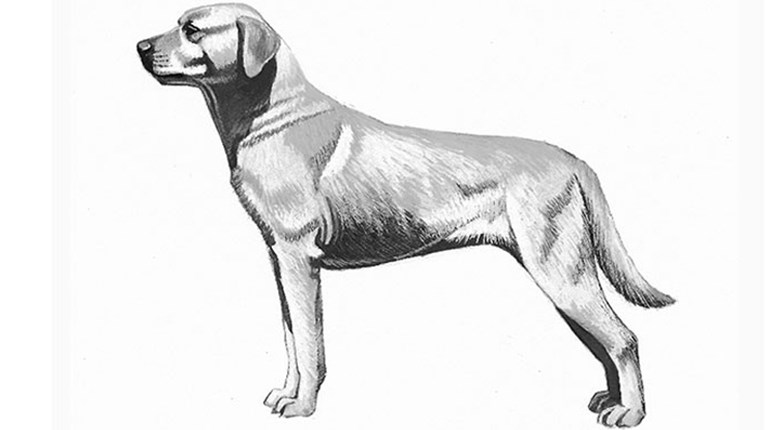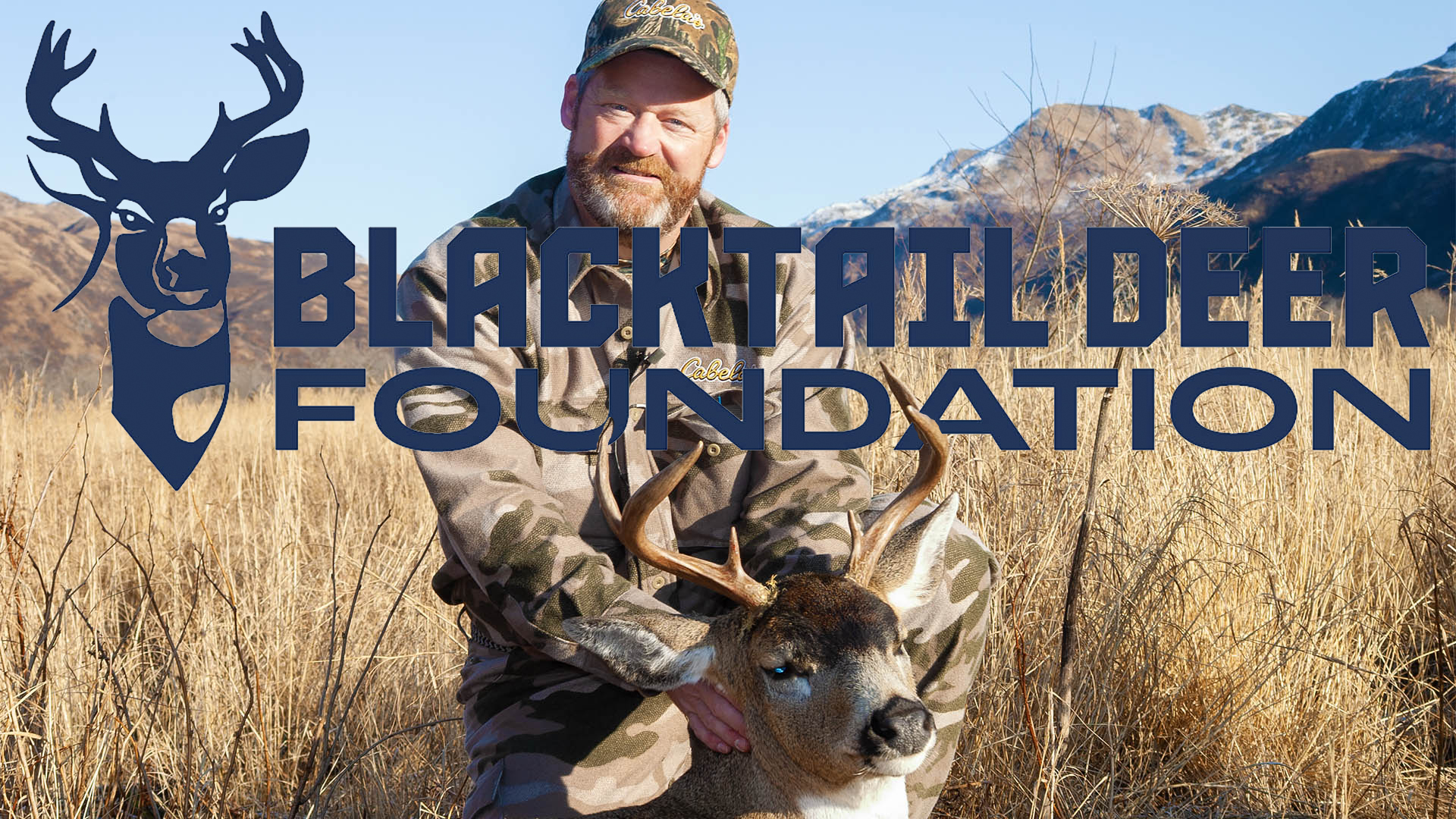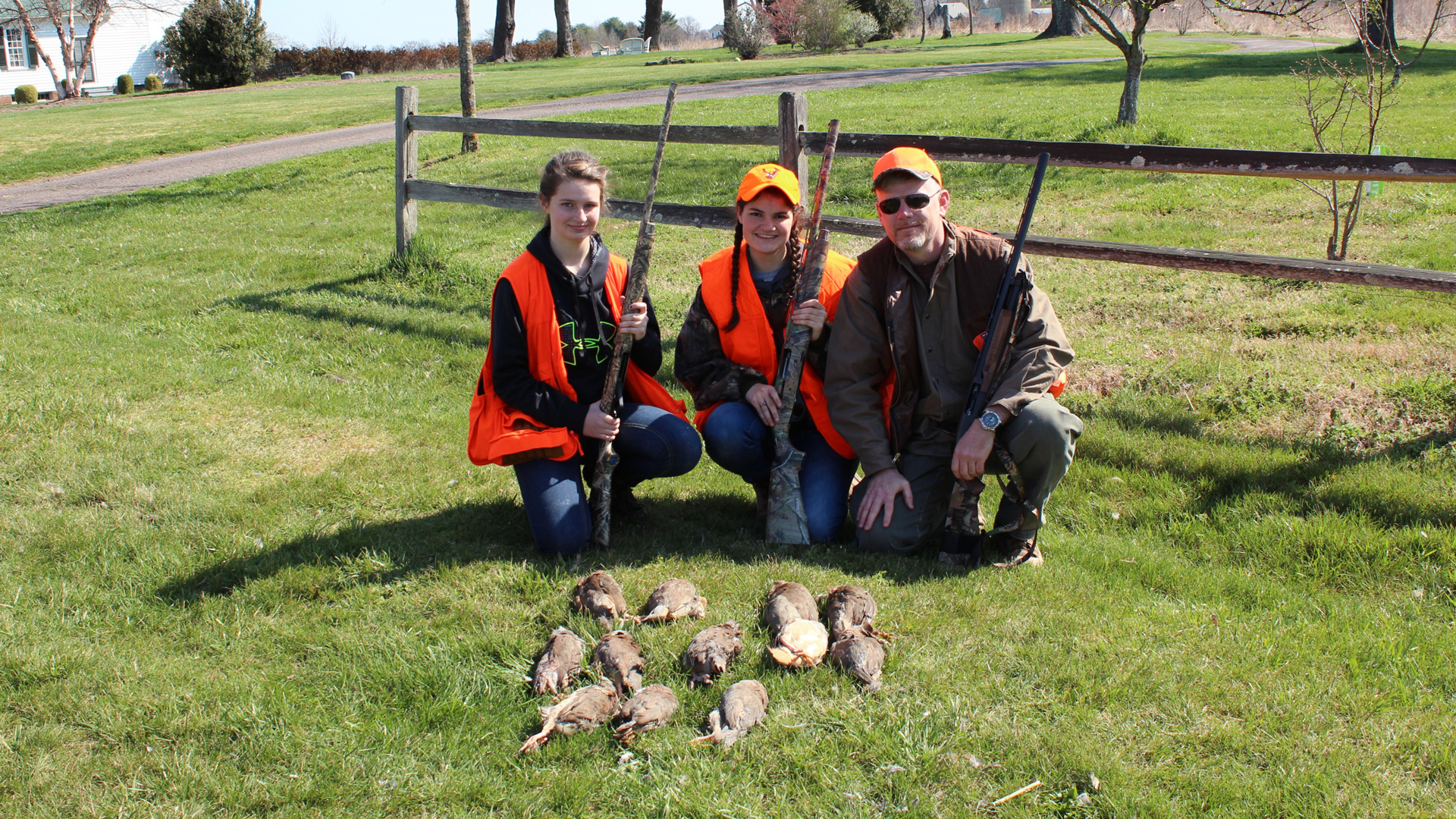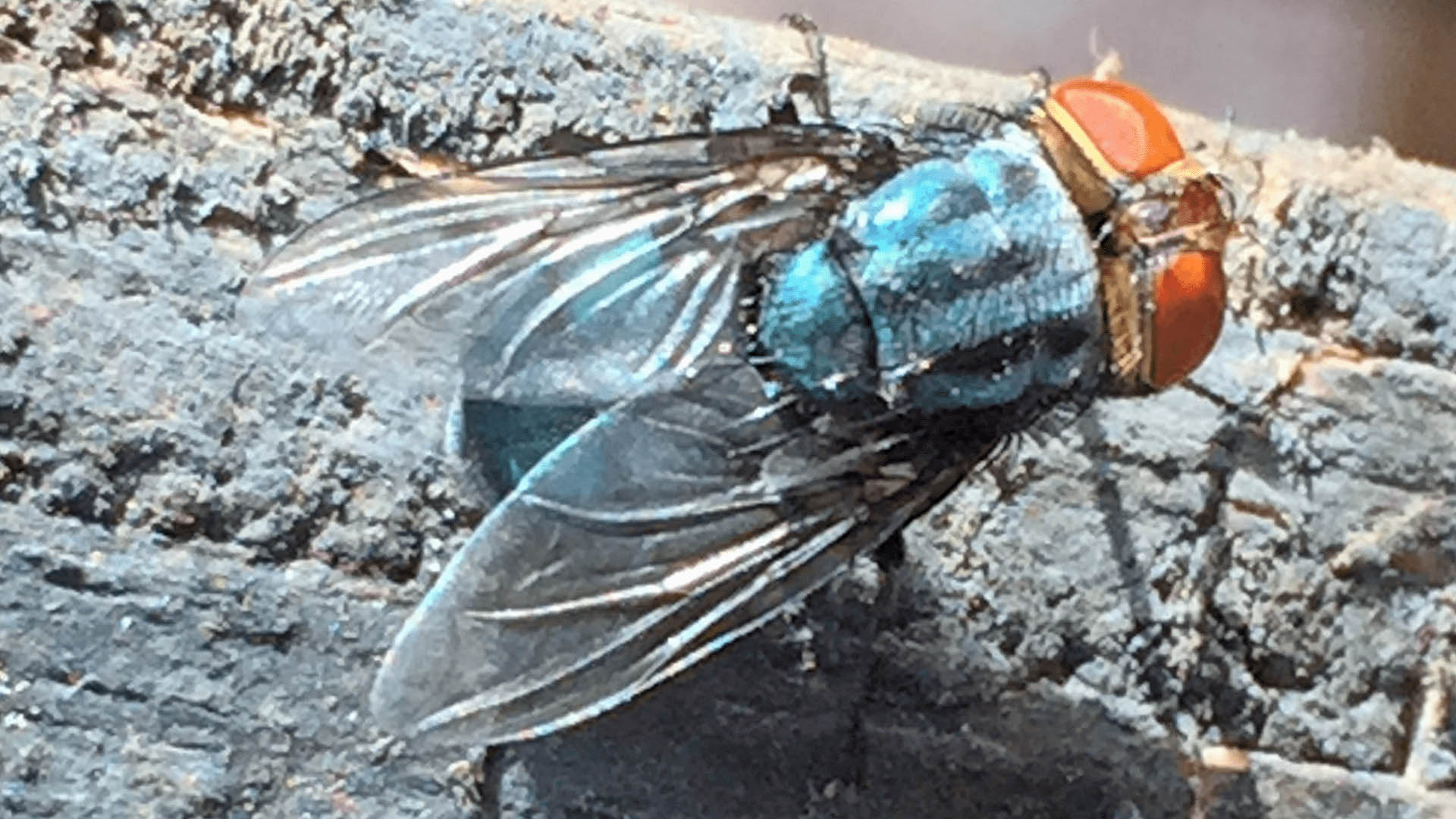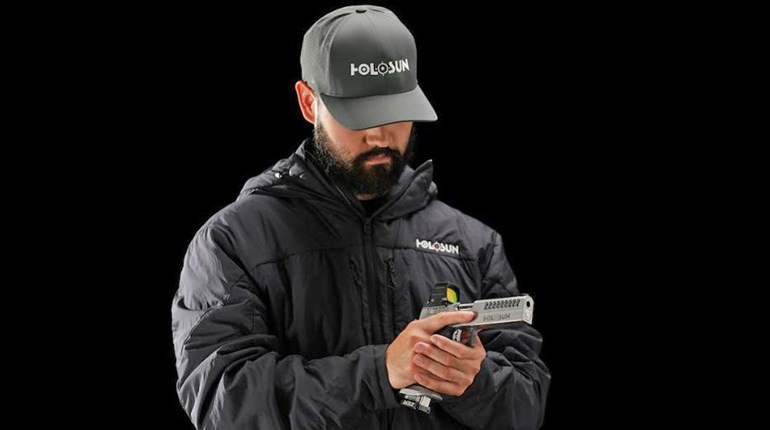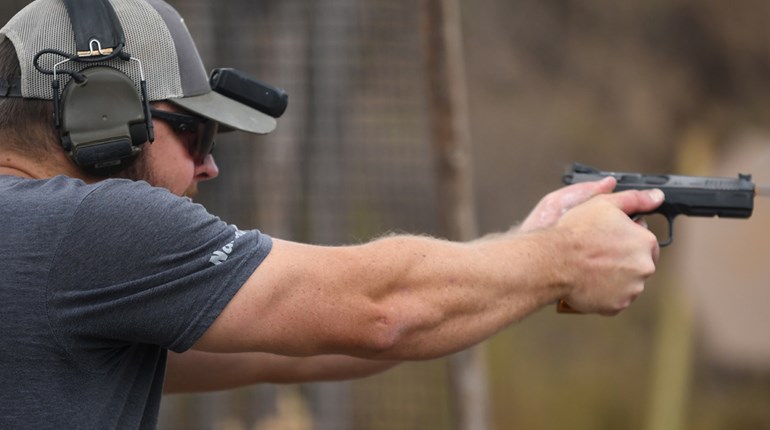
 Pheasants Forever ran a humorous photo for its regular "Dog of the Day" profile and asked the following question: "With students heading back to the classroom this week, we’re wondering what’s your bird dog’s best subject?"
Pheasants Forever ran a humorous photo for its regular "Dog of the Day" profile and asked the following question: "With students heading back to the classroom this week, we’re wondering what’s your bird dog’s best subject?"
Given the odd fashion in which my brain works, I began pondering ways that dog training parallels grade-school subjects. Here are a few I came up with:
Math
The most highly skilled retrievers are all adept at math. No, they can't do calculus, but they can count. Whether there are two, three or four ducks falling from the sky, they count, mark, and remember each one. After the initial retrieve it's just a matter of giving them a "back" to the subsequent falls. Dogs that don't learn to do this math require a lot more handling and time to reach the additional ducks. And it seems a dog out of the blind is as likely to attract an additional flock of ducks as a hunter collecting his decoys.
Science
How do dogs smell a running pheasant's track and know what direction it ran? It's something we take for granted, but good dogs seem to have an instinctive understanding of the science of scent. They use the wind; they take body or foot scent; they find birds. Some bird dogs track running birds with great skill from the initial contact, while others require more experience in the outdoor classroom.
Physical Education
The best dogs are highly conditioned athletes. They have a fit, almost muscular look to them that their domestic counterparts lack—and this has numerous benefits afield. A dog that's in shape hunts harder, longer and is able to use its nose more efficiently than one sucking wind. They're also less prone to dehydration, because excessive panting—a key weakness of overweight, out-of-shape dogs—leads to rapid shedding of water reserves.
Civics
Bird dogs, especially, must learn to be well-behaved, polite members of society. They must be taught to get along well with other hunting dogs accompanying them or that they may encounter. Obedience training is required to ensure they're patient, quiet, respectful companions in the duck blind. And they need to be crate-trained for trips to the field. These lessons require careful instruction, often beginning in the "classroom" at home.
Reading
No, your dog doesn't need to write any book reports, but the best hunter/dog teams are able to read each other's subtle body language. The best dog I ever owned would take one look at my face and seemingly know what I was thinking. We just had that kind of bond, the result of spending countless hours together. This can pay great dividends, for instance, in the midst of a new training lesson; when directing the dog to a blind retrieve; or something as simple as altering your path during an upland hunt.
So, what's your dog's best subject? What "classroom" lessons do you strive to teach?












